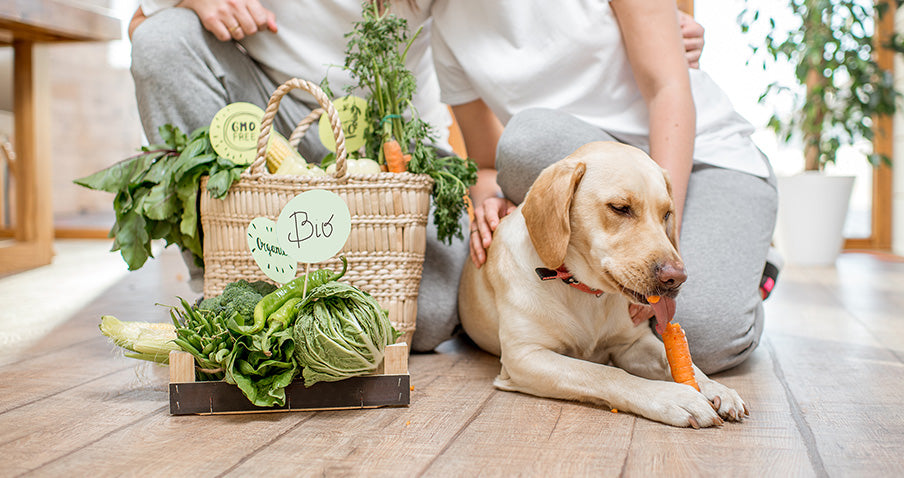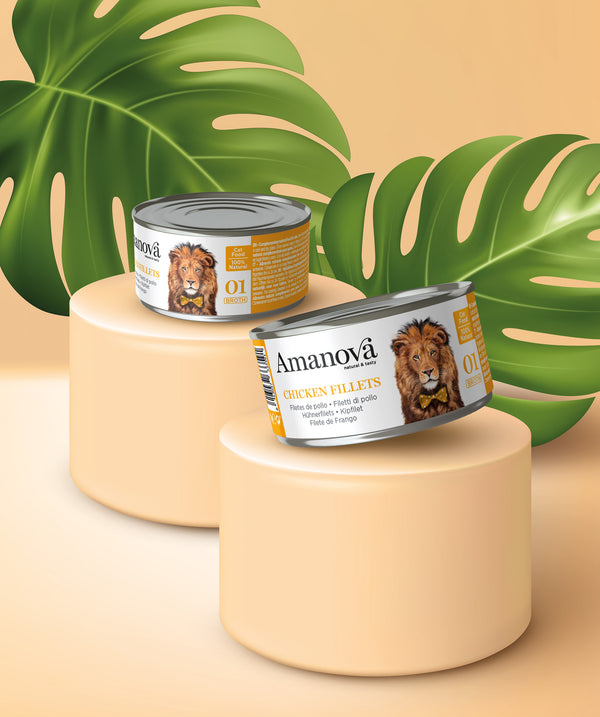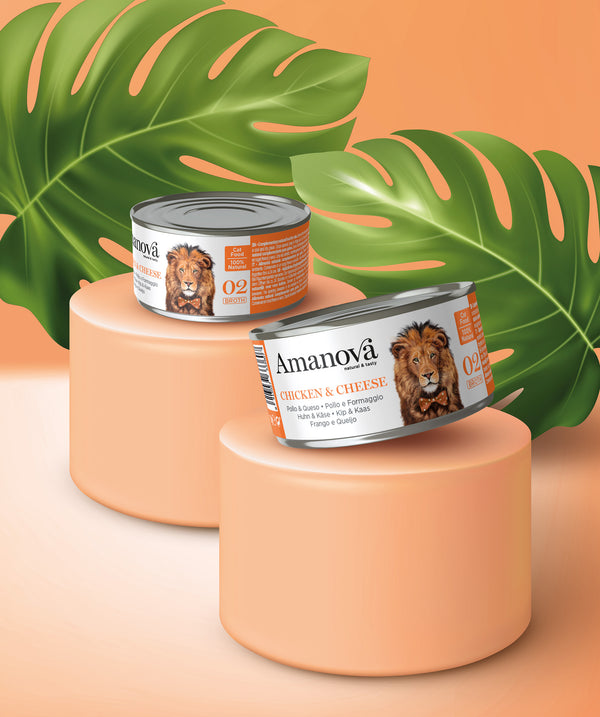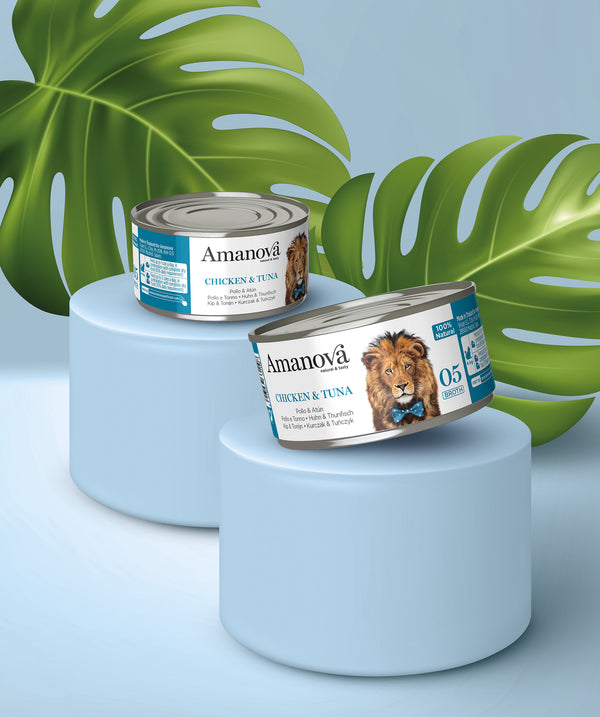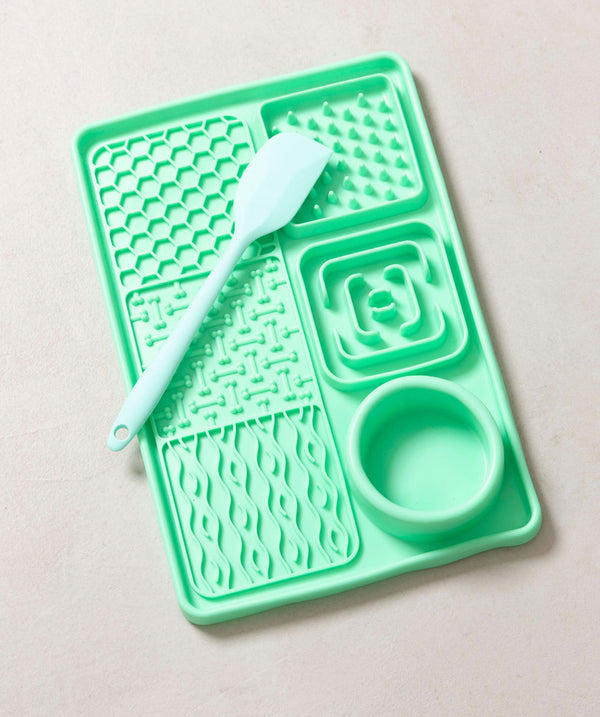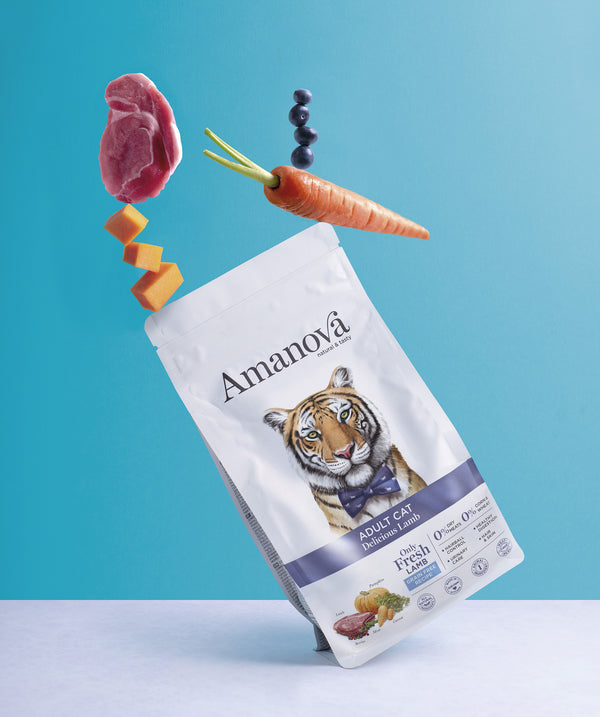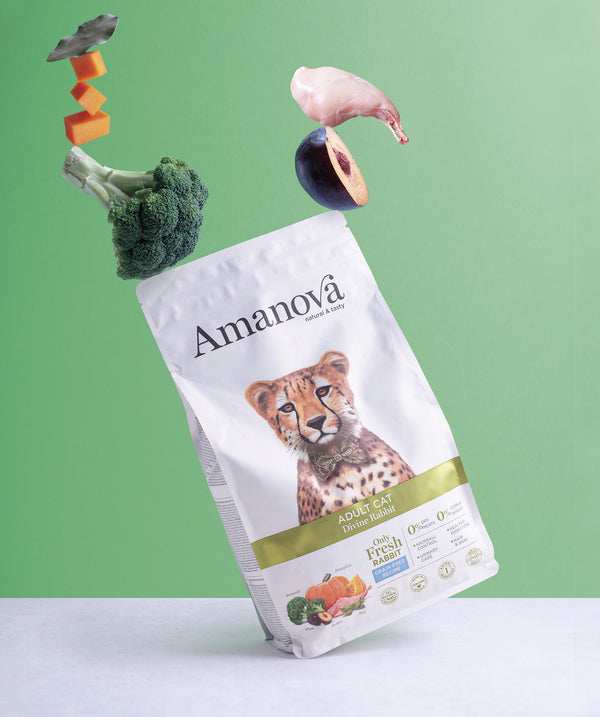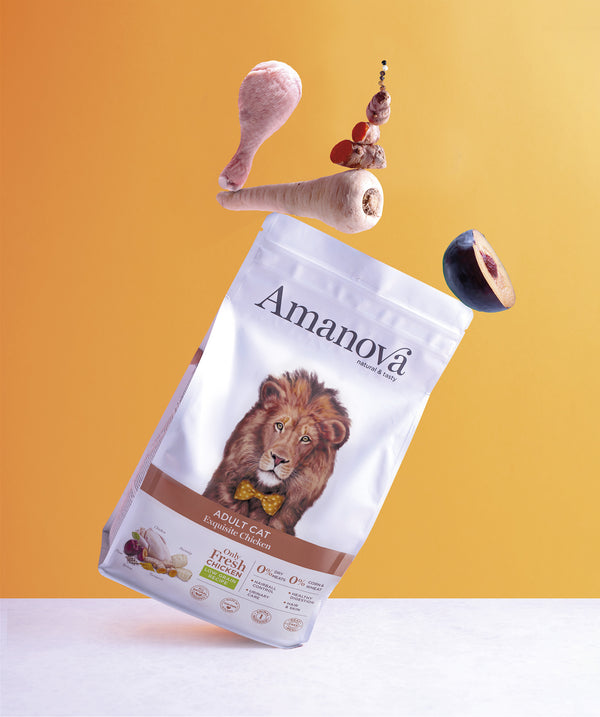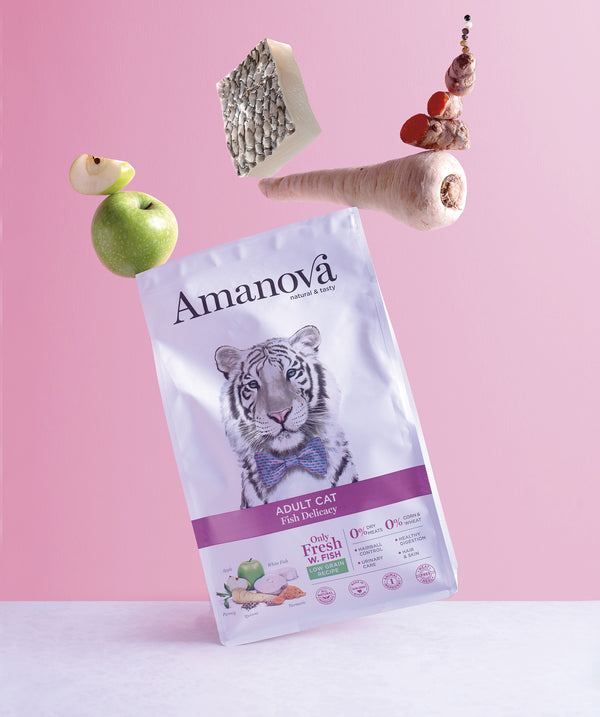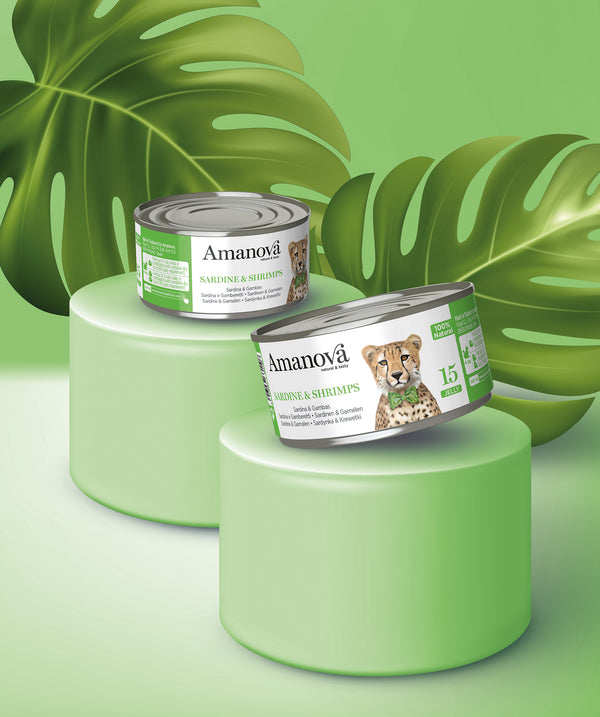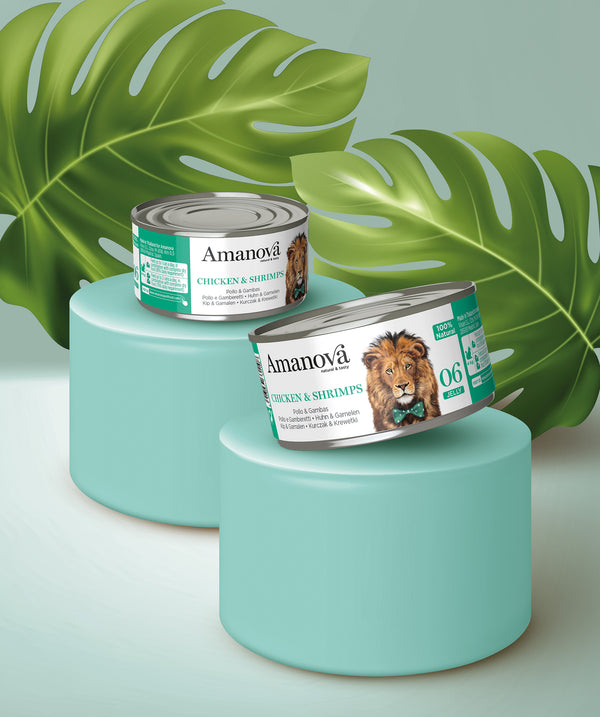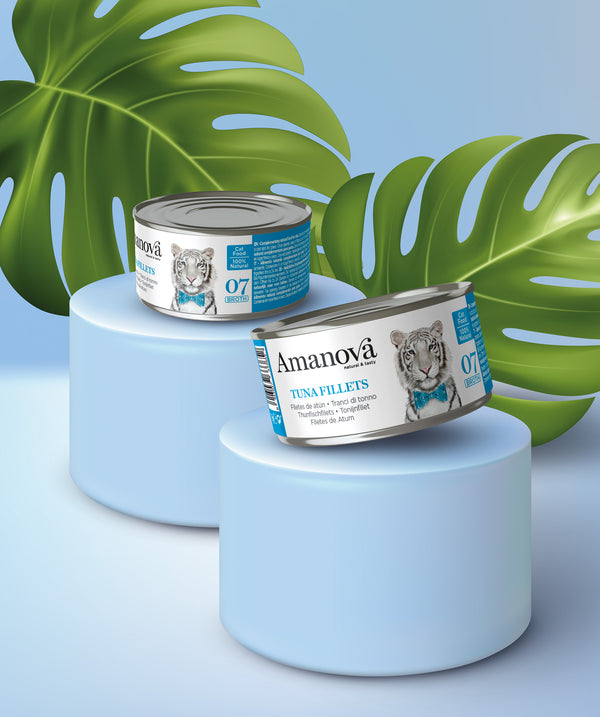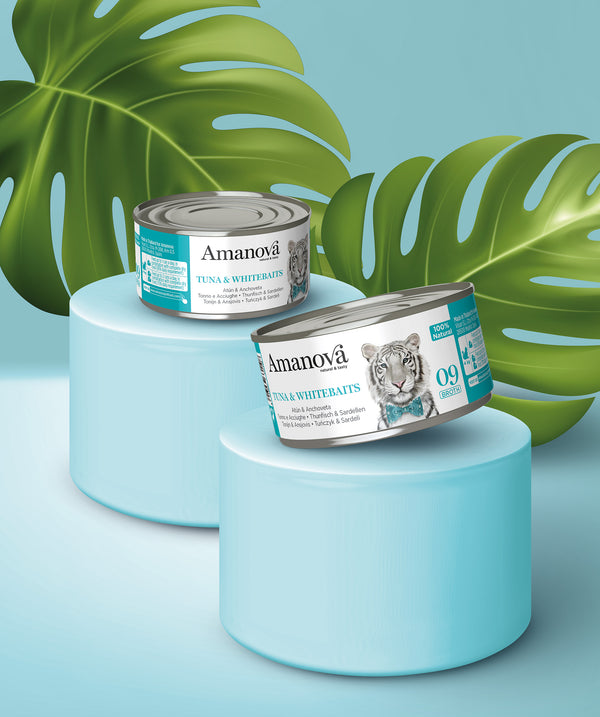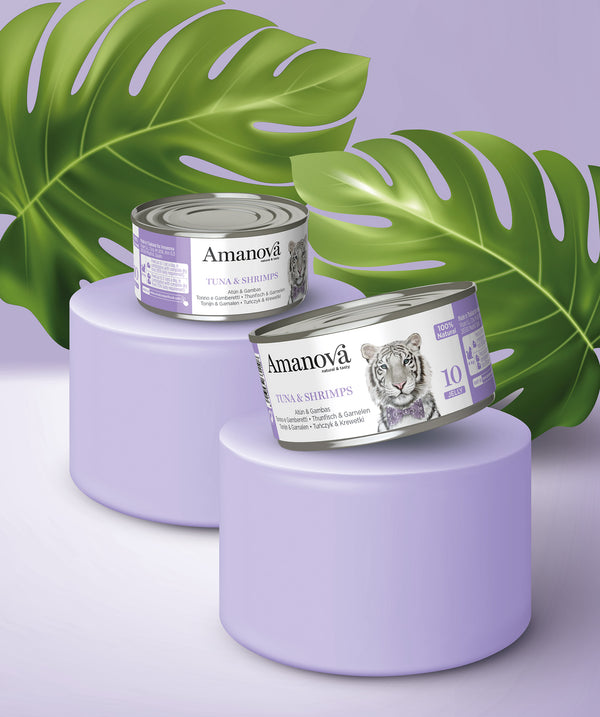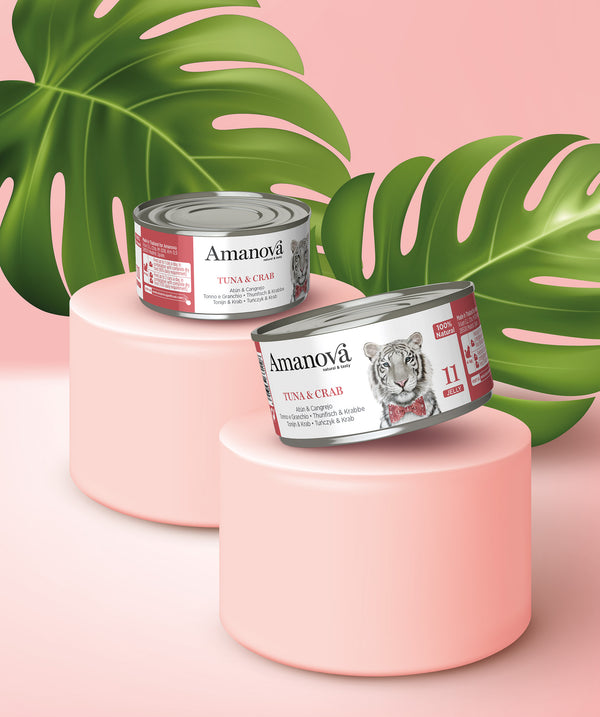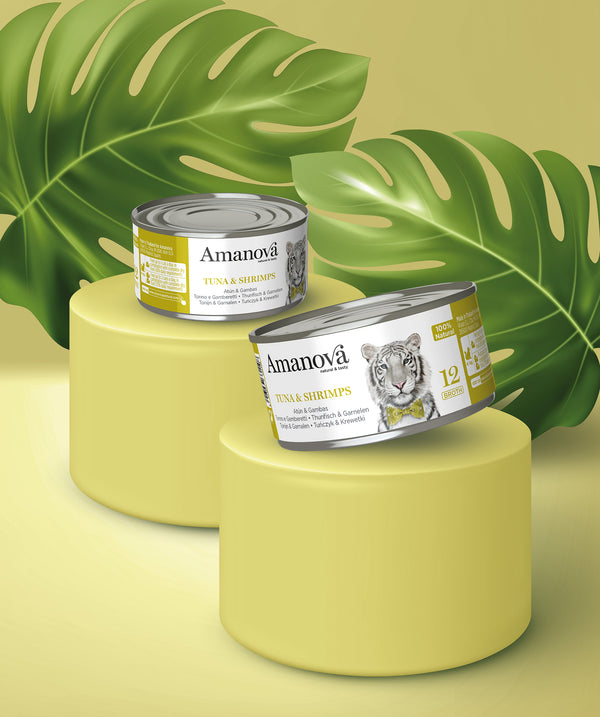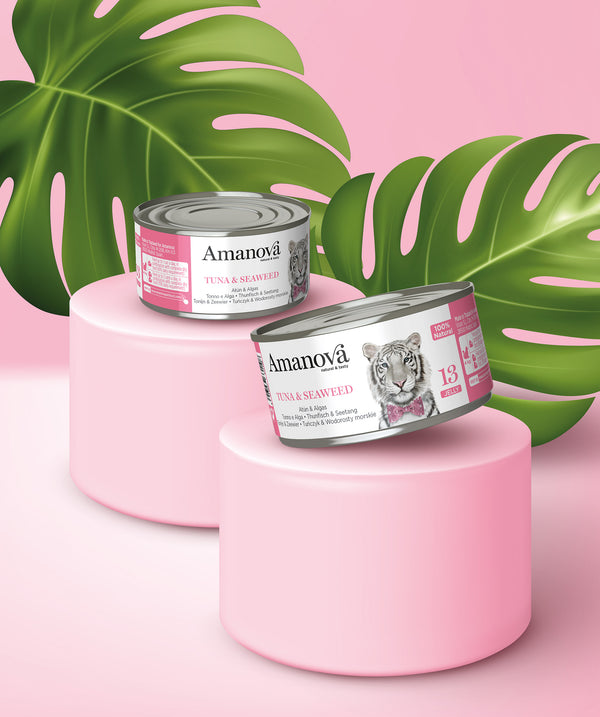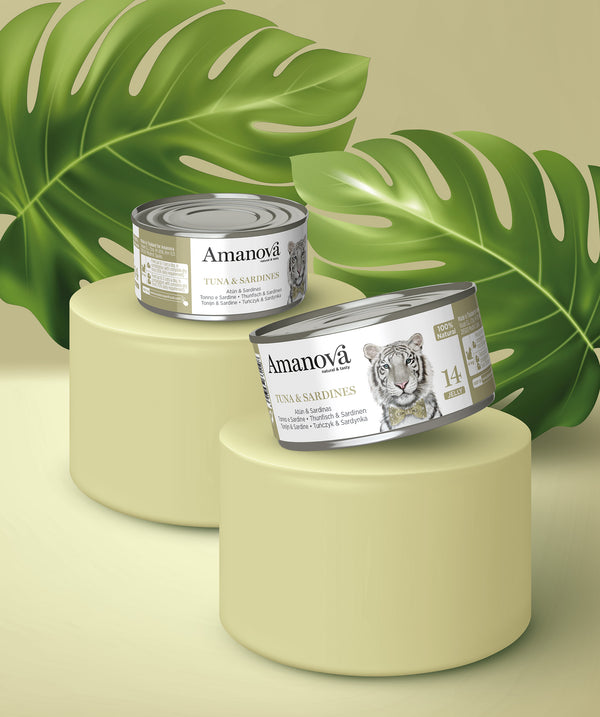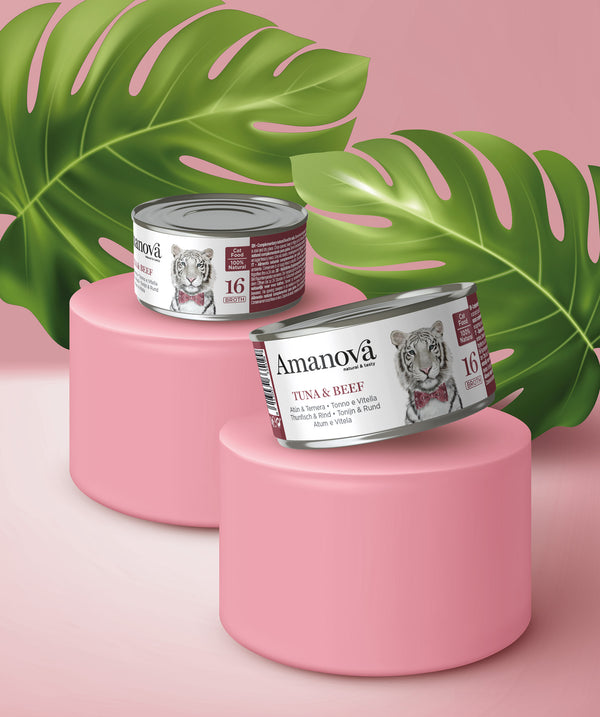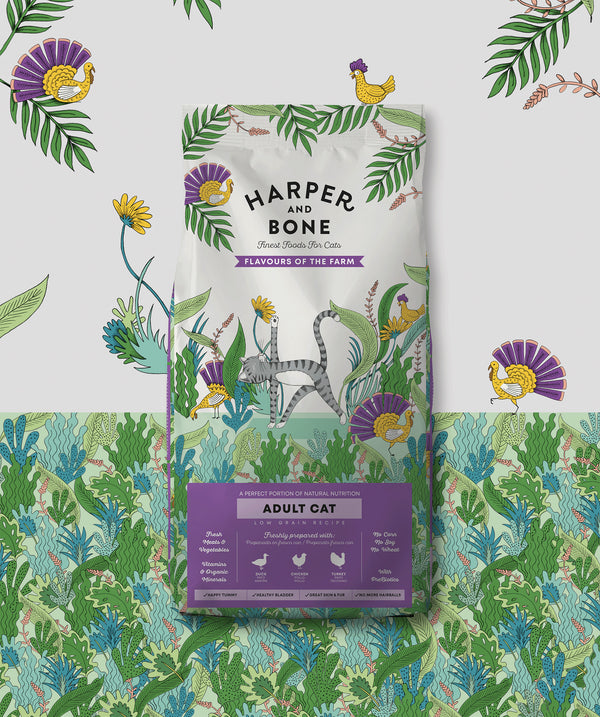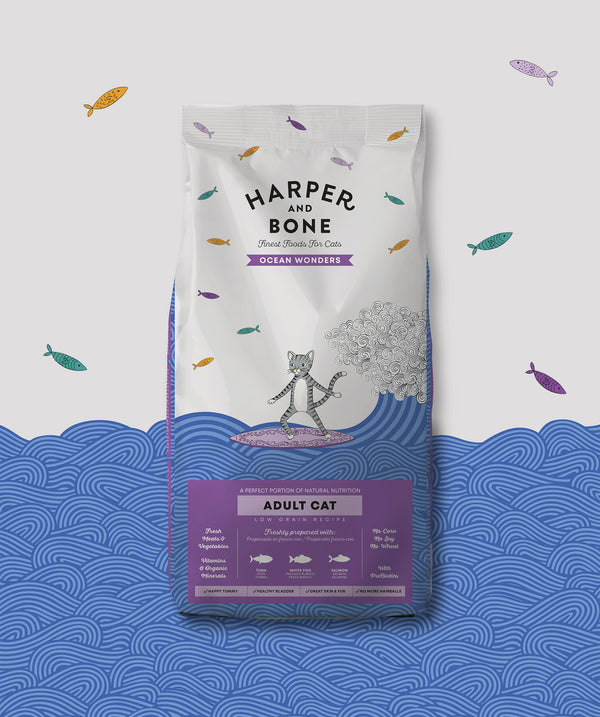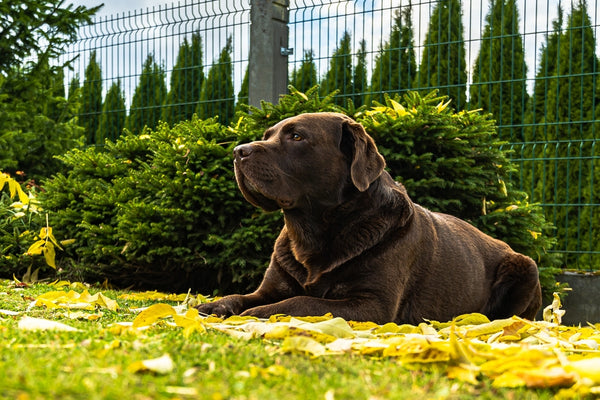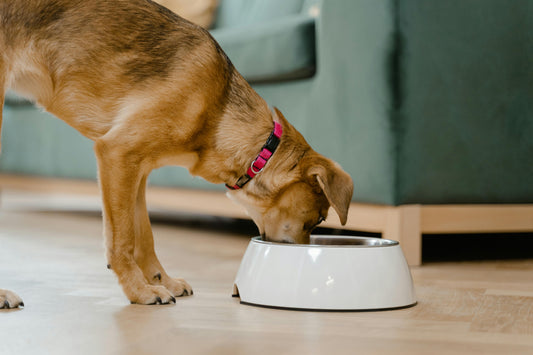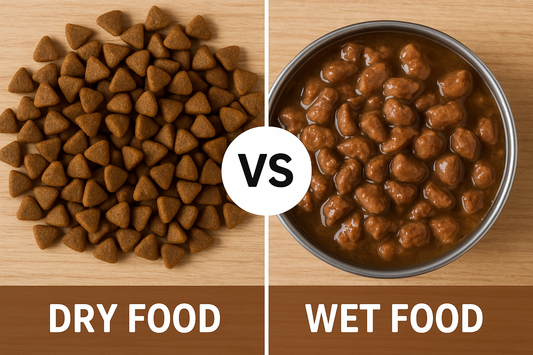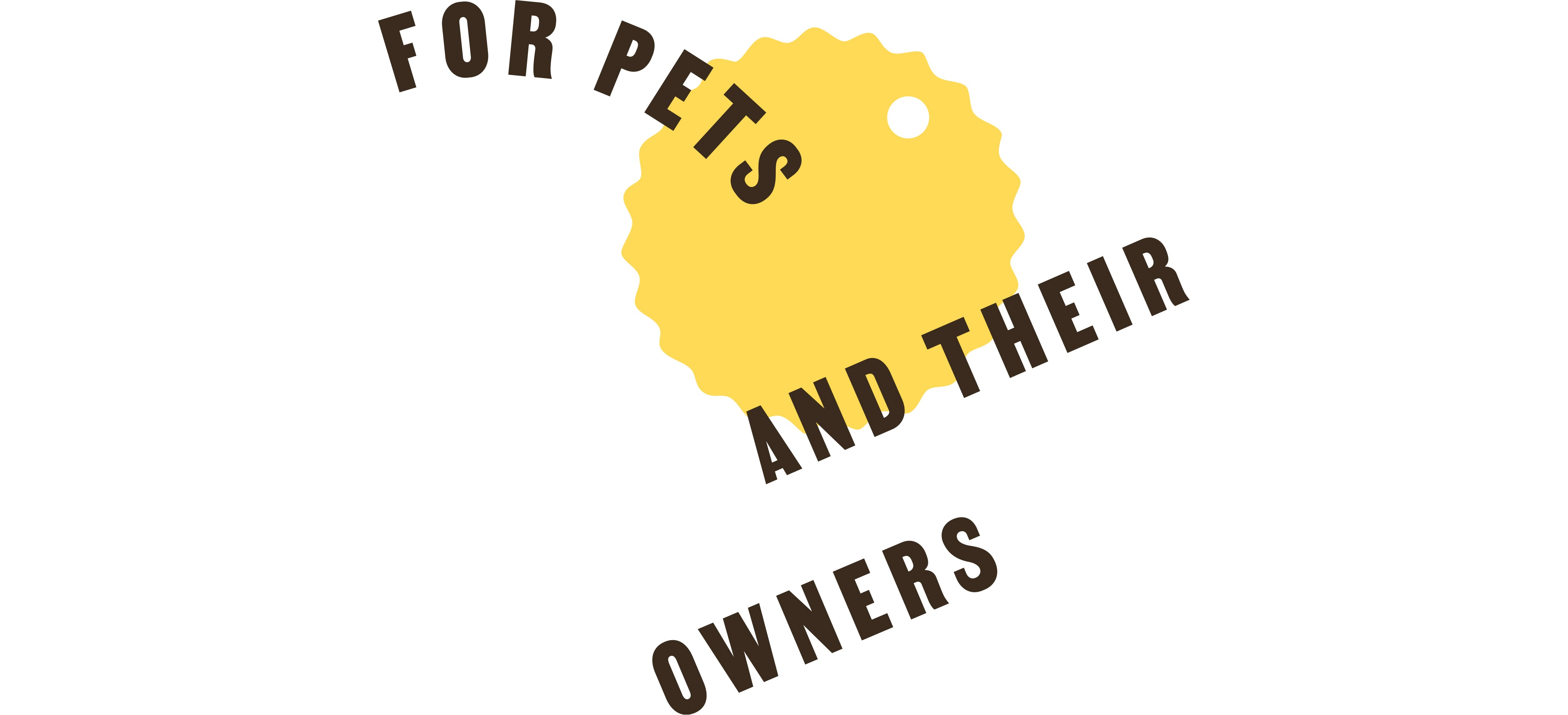Including vegetables in your dog’s diet can be an excellent way to improve their health and add variety to their meals. However, it’s important to know which vegetables dogs can safely eat and which ones to avoid. In this article, we’ll go over which vegetables are safe for dogs, the healthiest options, and the benefits they can provide to our four-legged friends.
Benefits of vegetables for dogs
Vegetables provide multiple benefits for dogs, as they are a source of natural nutrients and fiber. Here are some of their main advantages:
1. Improves digestion
The fiber found in many vegetables helps regulate bowel movements, supporting healthy digestion. It also helps prevent constipation and promotes overall digestive health, which is essential for your pet’s well-being.
2. Strengthens the immune system
Many vegetables contain antioxidants and essential vitamins that strengthen your dog’s immune system, helping them fight off diseases and maintain optimal health. Nutrients like vitamin C and E are known for protecting the body against free radical damage.
3. Helps maintain a healthy weight
Vegetables are low in calories and high in fiber, which helps your dog feel full without consuming too many calories. This is ideal for dogs prone to weight gain, as vegetables can serve as a healthy snack between meals.
4. Promotes healthy skin and coat
Vegetables such as broccoli and spinach contain essential nutrients, including fatty acids and antioxidants, that help maintain healthy skin and a shiny coat. Adding them to the diet can make a noticeable difference in your dog’s appearance.
5. Supports eye health
Vegetables like carrots are rich in beta-carotene and vitamin A, which benefit eye health. These nutrients can help maintain good vision and protect your dog’s eyes against age-related deterioration.
Which vegetables are healthy for dogs?
Here’s a list of safe and healthy vegetables for dogs, along with their benefits:
1. Carrots
Carrots are an excellent source of vitamin A, fiber, and antioxidants. Their crunchy texture also helps clean your dog’s teeth while chewing, promoting oral health. Vitamin A supports vision and boosts the immune system. Their natural sweetness makes them a favorite low-calorie snack for most dogs.
2. Peas
Dogs can eat peas, which are rich in B vitamins, phosphorus, and potassium. They also provide plant-based protein to complement your dog’s diet. Peas help strengthen bones and teeth and contain antioxidants that support cellular health. Their fiber content also promotes digestion.
3. Spinach
Dogs can also eat spinach in small amounts. It’s rich in iron, antioxidants, and vitamins A, C, and K. Spinach supports the immune system, improves circulation, and is an excellent source of fiber. However, serve it in moderation and preferably cooked, since it contains oxalic acid, which in excess may affect kidney health.
4. Green beans
Dogs can eat green beans, which are high in fiber and low in calories, making them great for overweight dogs. They also contain vitamins C and K, which help strengthen bones and support the immune system. Offer them raw or lightly cooked, without salt or seasonings.
5. Broccoli
Dogs can eat broccoli in small amounts. It provides vitamin C, fiber, and antioxidants. Broccoli supports digestion and strengthens the immune system. However, don’t overfeed it, as it may cause gas or stomach discomfort. Light steaming is best to ease digestion.
6. Zucchini
Zucchini is a low-calorie vegetable, ideal for dogs that need to maintain a healthy weight. It’s rich in potassium, vitamin C, and antioxidants that strengthen the immune system and support muscle health. Its soft texture makes it easy to digest and a safe option to diversify your dog’s diet.
7. Pumpkin
Pumpkin is excellent for dogs with digestive issues, as it’s high in soluble fiber. It helps regulate bowel movements, relieving both constipation and diarrhea. It also contains antioxidants and vitamins A and C, which boost the immune system. Its naturally sweet taste makes it a nutritious treat dogs love.
8. Leek
Dogs can eat leek in small amounts and always well-cooked. It contains antioxidants and compounds that strengthen the immune system and improve circulation. However, it must be given in moderation, as too much can cause digestive issues. Cooking helps reduce intensity and makes it safer as an occasional dietary addition.
9. Cucumber
Cucumber is a refreshing, low-calorie snack that helps keep your dog hydrated. With its high water content and essential vitamins and minerals such as potassium and vitamin K, it’s perfect for hot days. Its crunchy texture makes it a fun treat to chew.
10. Sweet potato
Sweet potato is rich in fiber, vitamins A, C, and B6, and antioxidants. It provides slow-release energy, ideal for active dogs. It also supports skin and coat health, thanks to its nutrient content. Serve it cooked as a tasty, healthy addition to your dog’s diet.
Should vegetables be given raw or cooked?
When offering vegetables to your dog, consider whether to serve them raw or cooked. Many vegetables can be given raw, like carrots or cucumber, since they preserve more nutrients this way. However, others like spinach and broccoli are better lightly cooked to ease digestion and reduce the risk of gas or stomach upset.
Avoid adding salt, oil, or condiments. Steaming is ideal to preserve nutrients without irritating your dog’s stomach. Always consult your vet before introducing new vegetables, especially if your dog has digestive sensitivities.
Discover our variety of products and give your dog the care they deserve with a diet tailored to their needs. With OnlyFresh, your pet’s nutrition is in the best hands!
